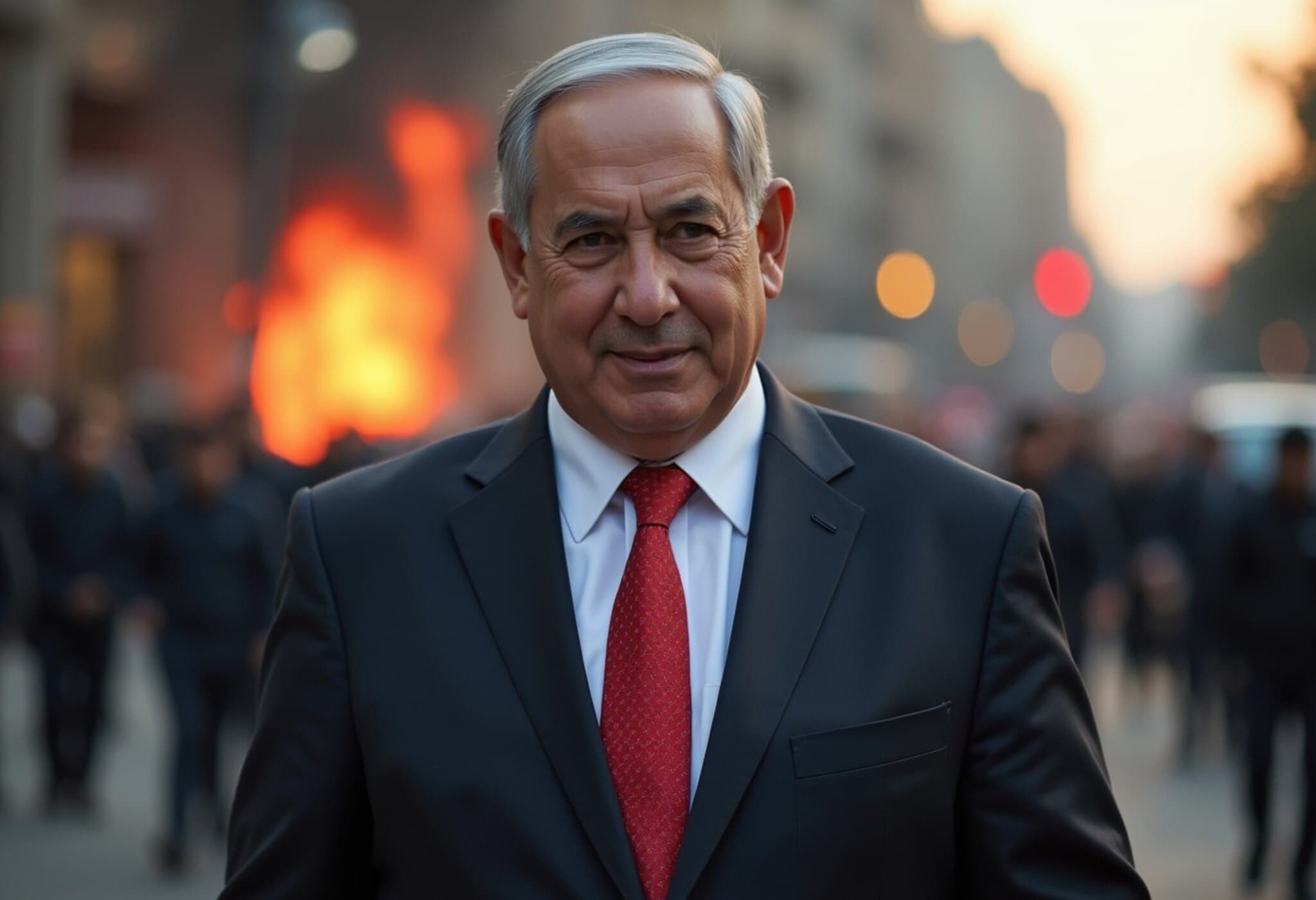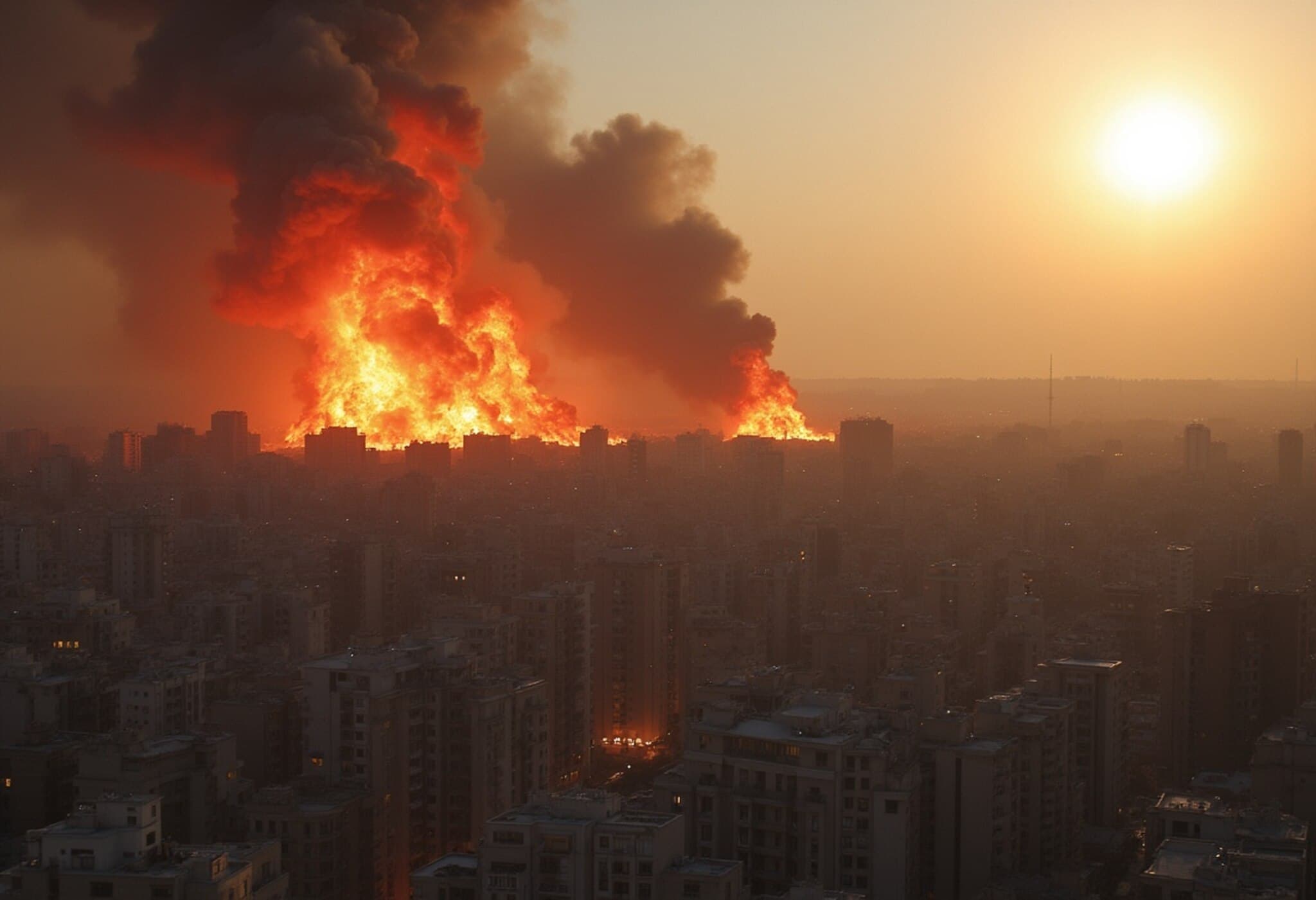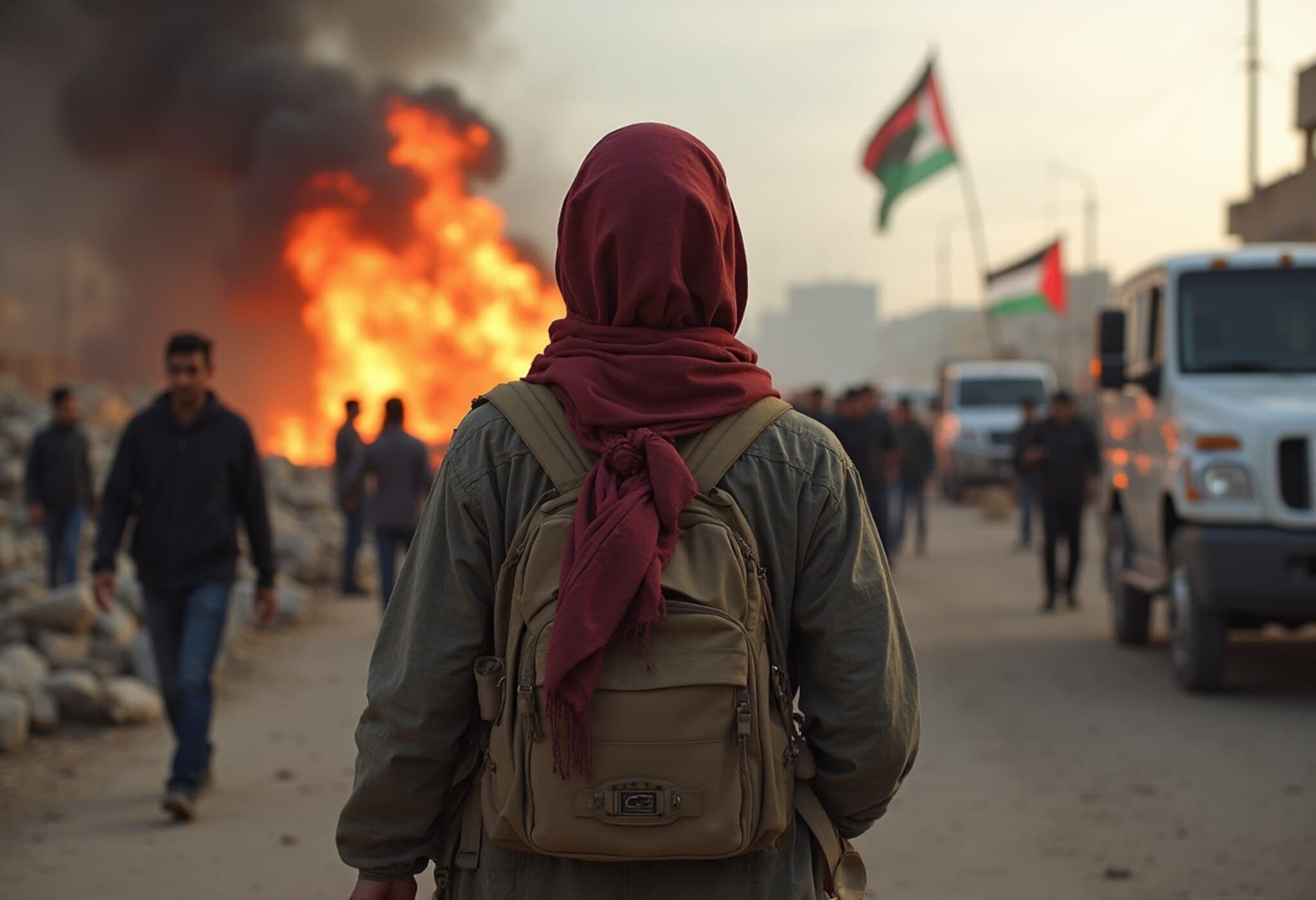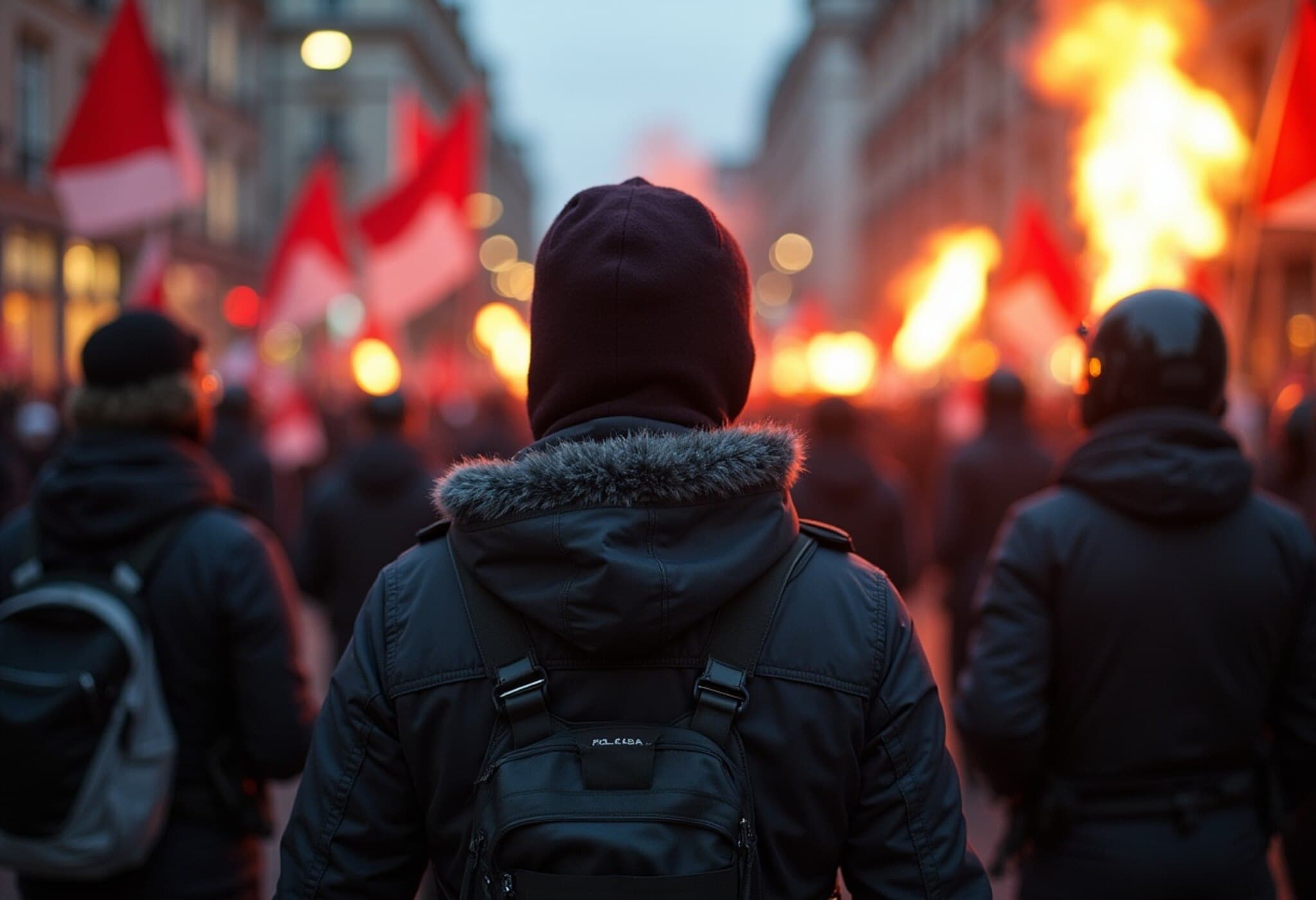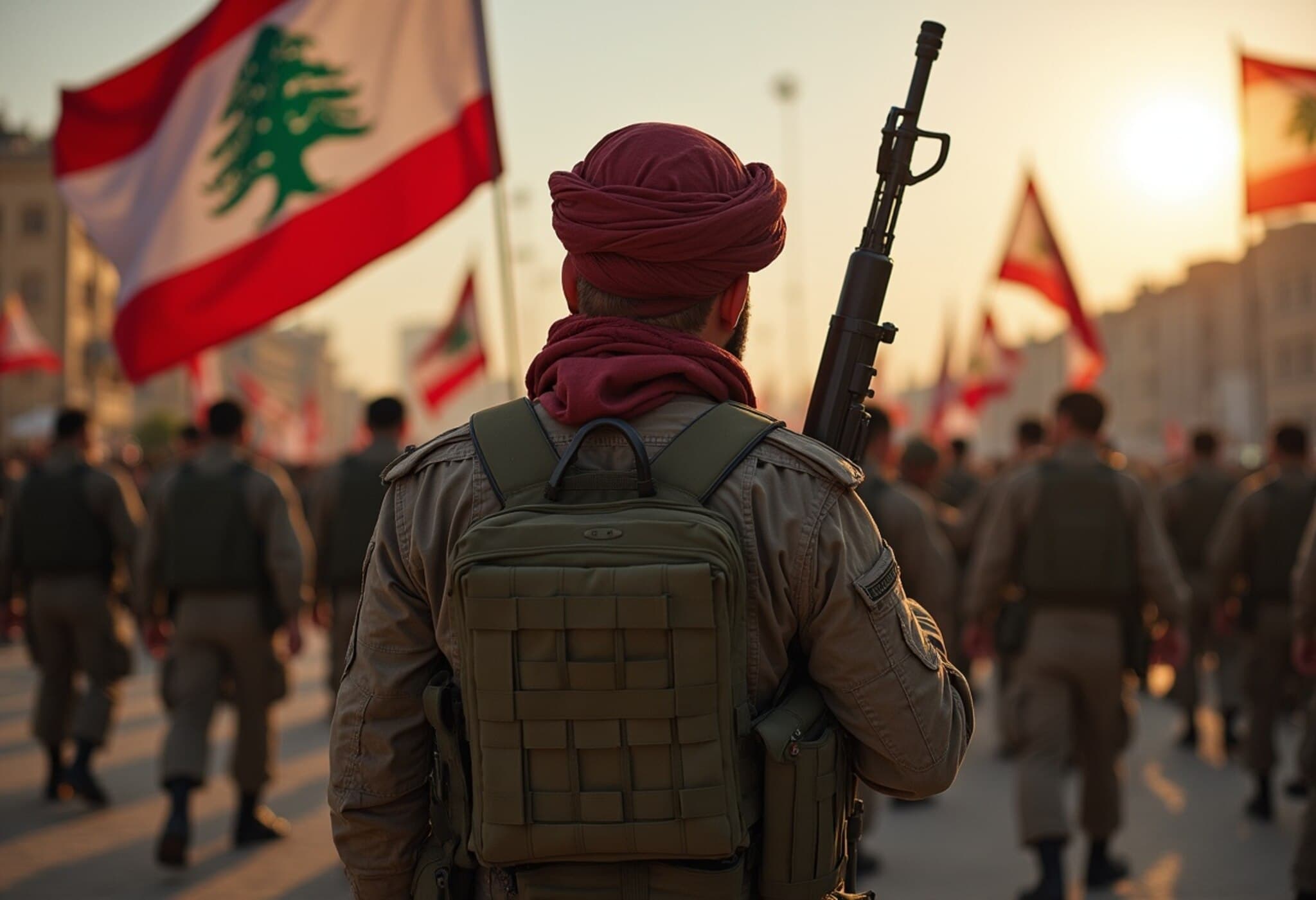Hamas Blames Netanyahu for Jeopardizing Hostage Lives in Gaza Conflict
On August 8, 2025, Hamas publicly condemned Israeli Prime Minister Benjamin Netanyahu, accusing him of endangering the lives of hostages held in Gaza by escalating military operations for political motivations. This sharp rebuke follows Netanyahu’s announcement that Israel plans to assume full control over Gaza without intending to govern the territory long-term.
Netanyahu’s Strategic Shift and Its Implications
Israeli security officials convened earlier this week to finalize plans for an expanded offensive targeting Hamas-controlled areas in Gaza. Netanyahu reaffirmed on Fox News Israel’s determination to establish what he described as a “security perimeter” within Gaza, aiming to dismantle Hamas’s influence, yet explicitly stating Israel does not wish to administer Gaza in the future. Instead, he suggested governance be handed over to Arab forces committed to stability and peace for Gazans.
"We intend to," Netanyahu said when asked about retaking full control of Gaza, an area Israel occupied from 1967 to 2005. However, he emphasized that the goal is security, not permanent governance, highlighting Israel’s complex balancing act between military necessity and political pragmatism.
Hamas’s Accusations Highlight a Dark Human Toll
In response, Hamas accused Netanyahu of exploiting the hostages’ plight for political ends. The organization’s statement condemned the escalation as a calculated risk meant to sacrifice civilians and captives amid broader ideological goals. “Netanyahu’s plans confirm beyond doubt his desire to dispose of the captives and sacrifice them for personal interests,” Hamas said.
This charge brings attention to the humanitarian catastrophe unfolding amid nearly two years of hostage captivity, stemming from Hamas’s attack on Israel in October 2023. With hostages reportedly held in densely populated urban areas, Israeli military actions raise difficult ethical and strategic questions about protecting innocent lives while pursuing security objectives.
Domestic and International Pressure Mounts
Netanyahu faces increasing pressure at home and abroad to negotiate a hostage release and address Gaza’s escalating humanitarian crisis, including looming famine risks. Critics argue that intensifying military operations may further endanger those held captive and worsen civilian suffering, calling for alternative diplomatic avenues.
Expert Perspective: Balancing Security and Humanity
From a policy standpoint, Israel’s intention to maintain a security buffer without permanent governance reflects awareness of the geopolitical complexities in Gaza. However, expanding military operations in proximity to hostages heightens the stakes dramatically. Experts caution that without careful coordination and transparency, such offensives risk irreversible harm to civilian populations and complicate future reconciliation efforts.
Moreover, the challenge of transitioning Gaza’s governance to a reliable Arab authority underscores a significant regional policy dilemma. Success in this area could stabilize the volatile region; failure may fuel prolonged conflict and humanitarian crises.
What Lies Ahead?
- Security cabinet decisions: Israel’s military strategy will be closely watched as plans to enter densely populated zones holding hostages advance.
- Hostage safety: The delicate question of how to ensure the well-being of nearly two-year-long captives amid active conflict remains paramount.
- Diplomatic outlook: International actors may push for renewed negotiations, mindful of the deepening humanitarian toll.
Editor’s Note
This ongoing conflict presents profound ethical and strategic dilemmas: prioritizing the safety of hostages while confronting perceived security threats draws a tense line between military necessity and human rights. Netanyahu’s strategy underscores Israel’s determination to neutralize Hamas’s influence, yet it also exposes vulnerabilities in protecting captive civilians, raising urgent questions about the balance between force and diplomacy. As the situation unfolds, close attention to humanitarian safeguards and regional political dynamics will be critical in shaping the future of Gaza and Israeli-Palestinian relations.

